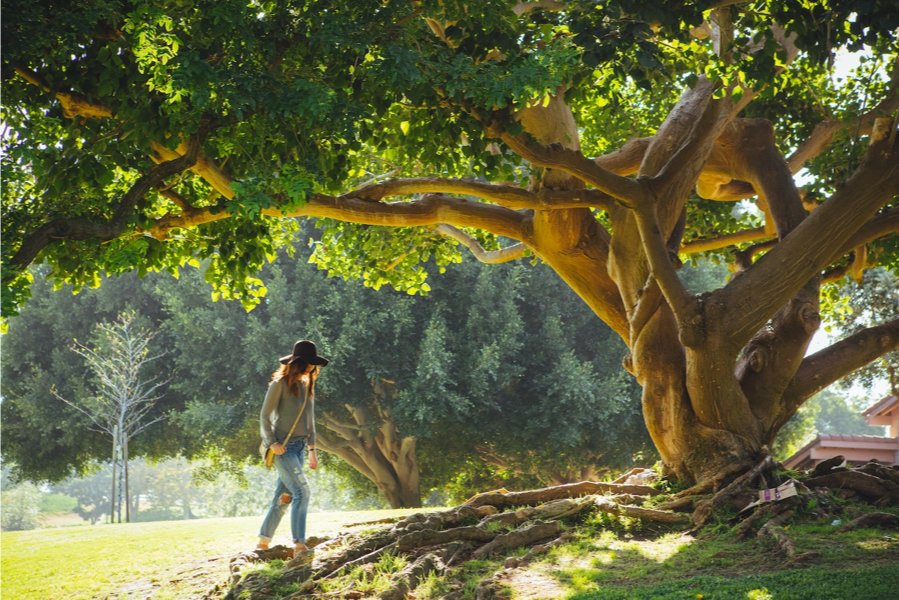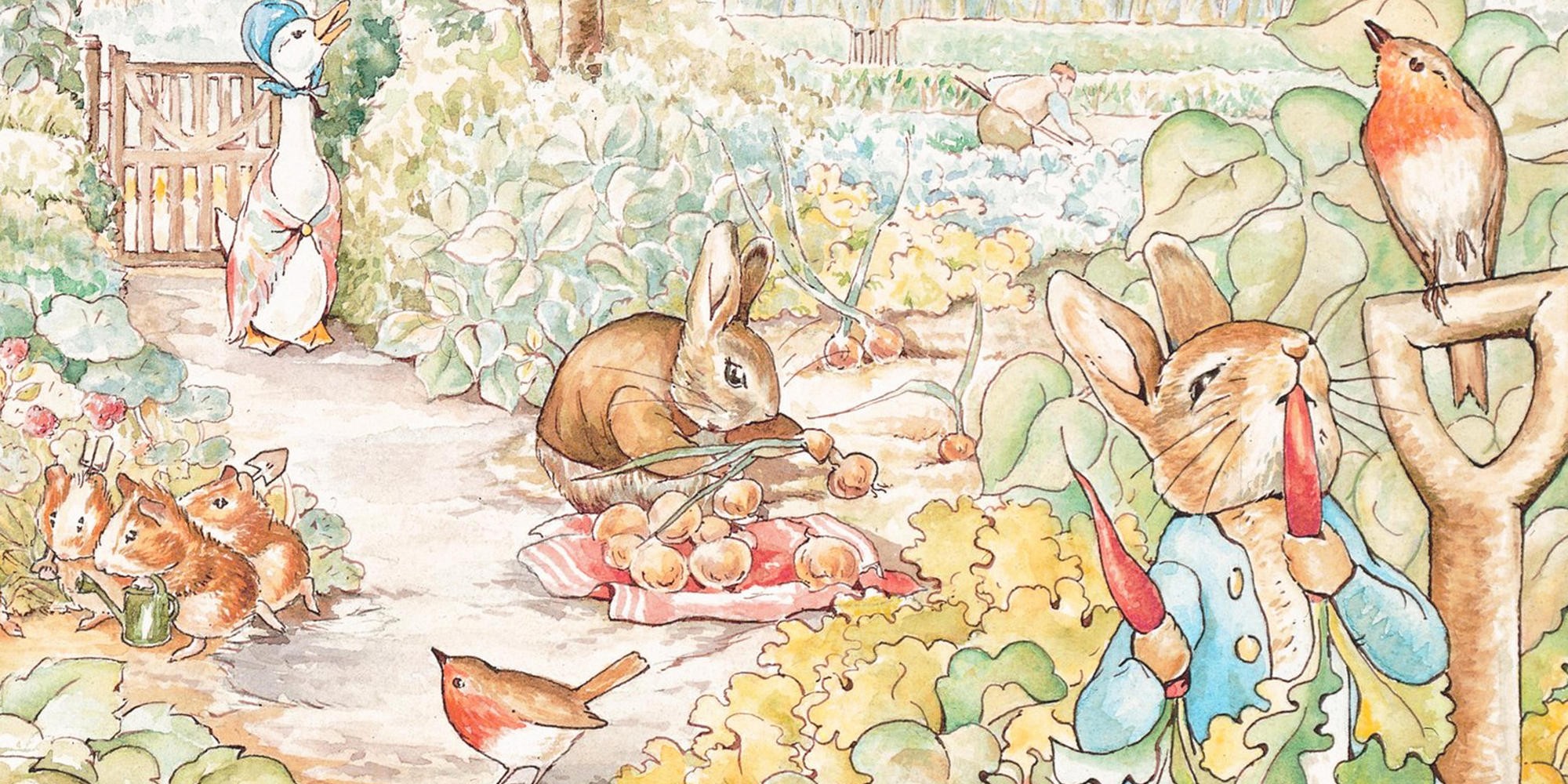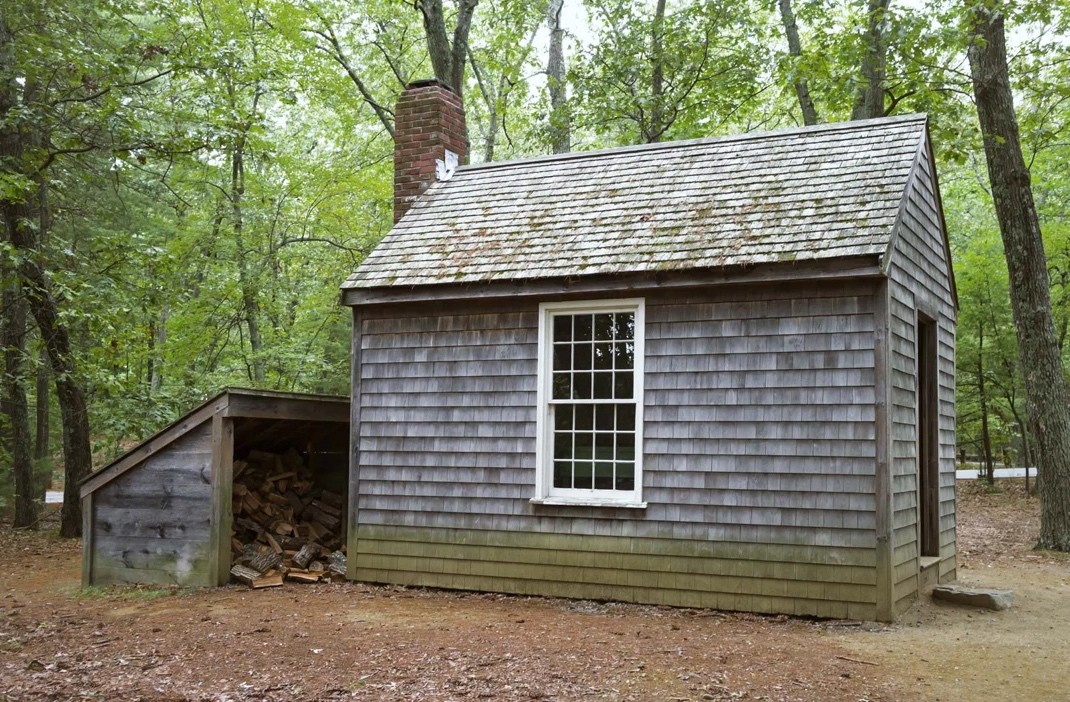By Elena Basati,
In 1845 Henry David Thoreau would move to a cabin in the woods, to live as he put it “deliberately”. That wasn’t simply a personal retreat mission, but an act of resistance against the accelerating pace and materialism of a society, reshaped by the Industrial Revolution. He sought solitude, simplicity, a deeper and more meaningful connection to nature. Thoreau, a philosopher, essayist, poet and naturalist belonged in the movement of American Transcendentalism, which emphasized individual conscience, self-reliance and the spiritual value of nature.
During his two years isolation journey, Thoreau built his own cabin, grew most of his food, spent his days observing and studying nature. In these times, he documented his experiences and thoughts, leading to the creation of his landmark book—Walden or Life in the Woods. This piece of work is semi-autobiographical, philosophical but it also stands as social critique. In his book, he criticized the blind pursuit of wealth and mocked the superficiality of status-driven individuals. Thoreau advocated for a return to a simpler, more intentional life- one rooted in nature, personal freedom and self-reliance. The philosopher would observe that the average person of 19th century America enslaved to labor and consumption, was a shallow and empty person “The mass of men leads lives of quiet desperation”.

More than 150 years have passed since Thoreau’s social experiment but his work remains startingly relevant. Today we live in a world governed by capitalism, digital surveillance and an economy that values speed, performance and profit above all else. The symptoms of this system burnout, ecological crises, alienation among many—mirror the issues Thoreau was trying to escape from. His desire for a slower paced and simpler life reflects the same yearning a majority of individuals have nowadays. From remote work migrations to the rise of minimalist lifestyles and slow living movements, Thoreau’s call to live deliberately continues to echo in our collective imagination.

Online aesthetics like slow living and cottagecore, reveal a deep, universal longing to escape the chaos and reclaim some form of intentional living. These aesthetic movements, often romanticized online, are not just lifestyle trends but reflections of a deeper social critique—one increasingly recognized in academic and philosophical discourse. They signal an intuitive rejection of hyper-efficiency, consumerism, and alienation, much like Thoreau’s retreat into the woods.
In recent years, thinkers and writers have discussed about this way of living and have expanded the arguments in favor of it. Robin Wall Kimmerer’s Braiding Sweetgrass stands out as a powerful companion to Walden, offering not only a reverence for nature but a relational, reciprocal understanding of it. A botanist and member of the Citizen Potawatomi Nation, Kimmerer weaves together Indigenous knowledge and scientific insight to argue that the earth is not merely a backdrop for human growth, but a living community we belong to. She uses the metaphor of “braiding” to weave together different strands of knowledge: scientific understanding of plants, the wisdom of Indigenous cultural practices, and personal storytelling. In this way, Braiding Sweetgrass is not only an ecological guide, but also a moral framework that asks us to reconsider how we relate to the earth. While Thoreau emphasized individual reflection and self-discovery in the natural world, Kimmerer teaches us that the land is not a passive space for personal enlightenment, but a living, breathing partner with whom we must engage in mutual respect and care. As Kimmerer writes: “The land is the one thing we cannot afford to be separate from.”

Thoreau’s quest for simplicity and solitude was a call to resist the mindless consumerism and superficiality of his time, urging us to live more deliberately. His message resonates even today, as modern society grapples with the overwhelming forces of capitalism, digital surveillance, and environmental degradation.




